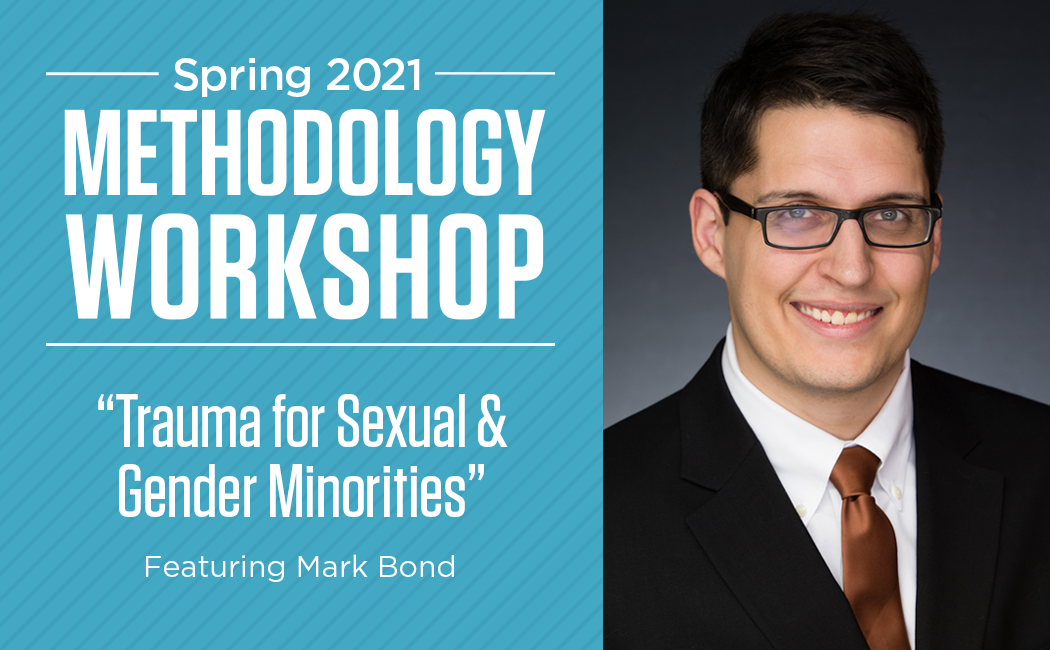
Searching for the right health care resources — and the most efficient way to access them — can be overwhelming.
For families seeking health care for young children, the task can be even more daunting.
Early childhood health systems are often complex, siloed and disconnected, which leads to inadequate supports and services for families.

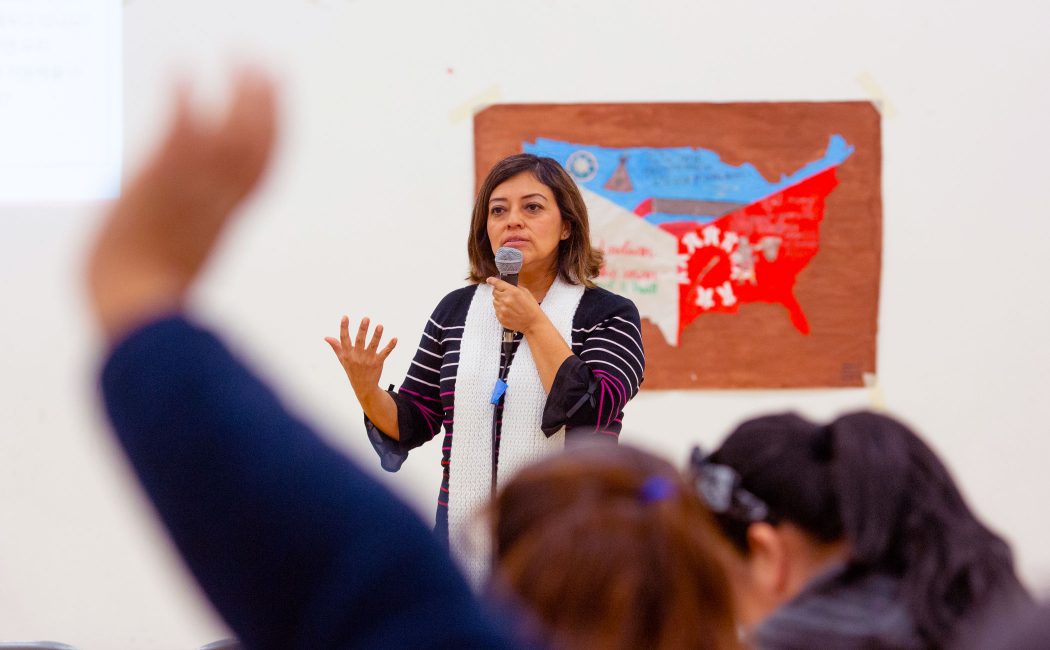
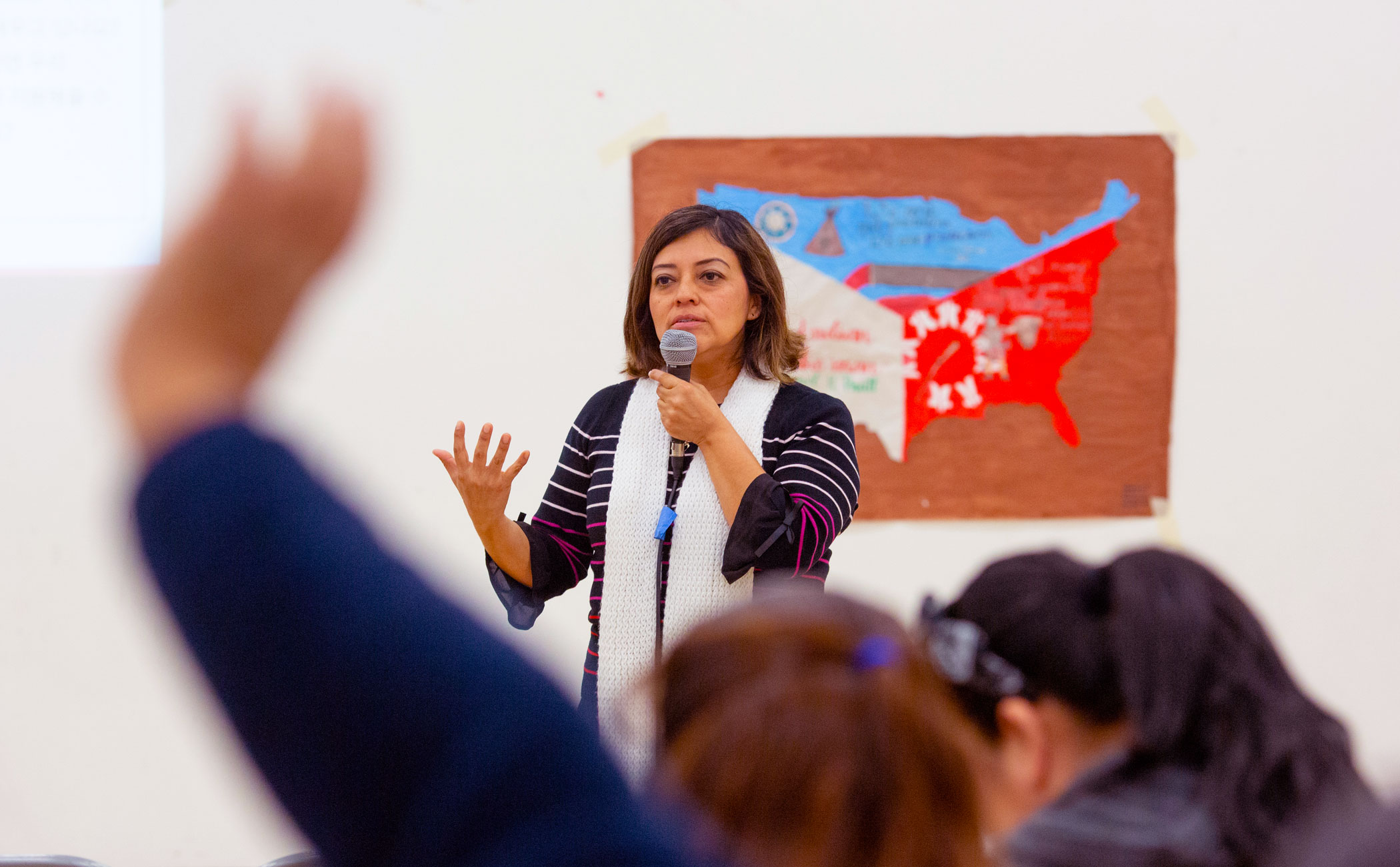

 Looking to get the most out of your grant submissions? CYFS is here to help.
Looking to get the most out of your grant submissions? CYFS is here to help.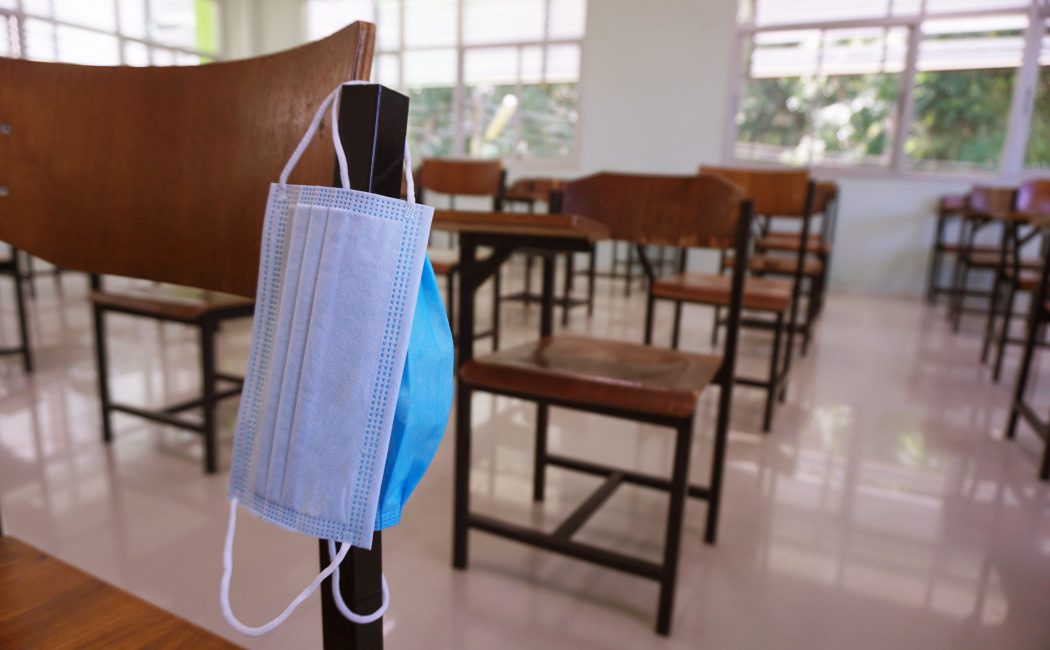
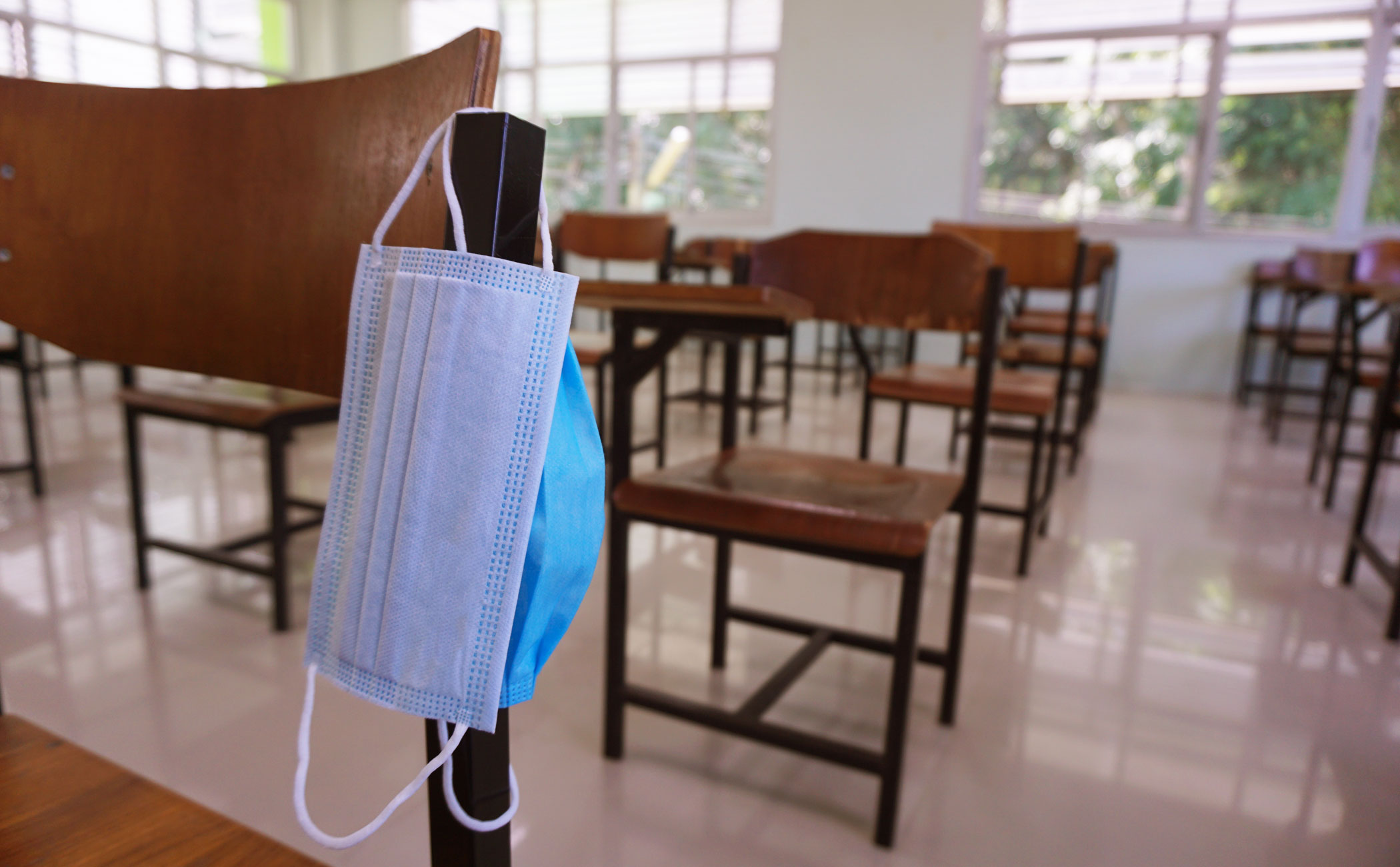



 Preventing interpersonal relationship violence among teens was the focus of the April 28 Dating and Sexual Violence Prevention Workshop, hosted by the
Preventing interpersonal relationship violence among teens was the focus of the April 28 Dating and Sexual Violence Prevention Workshop, hosted by the 